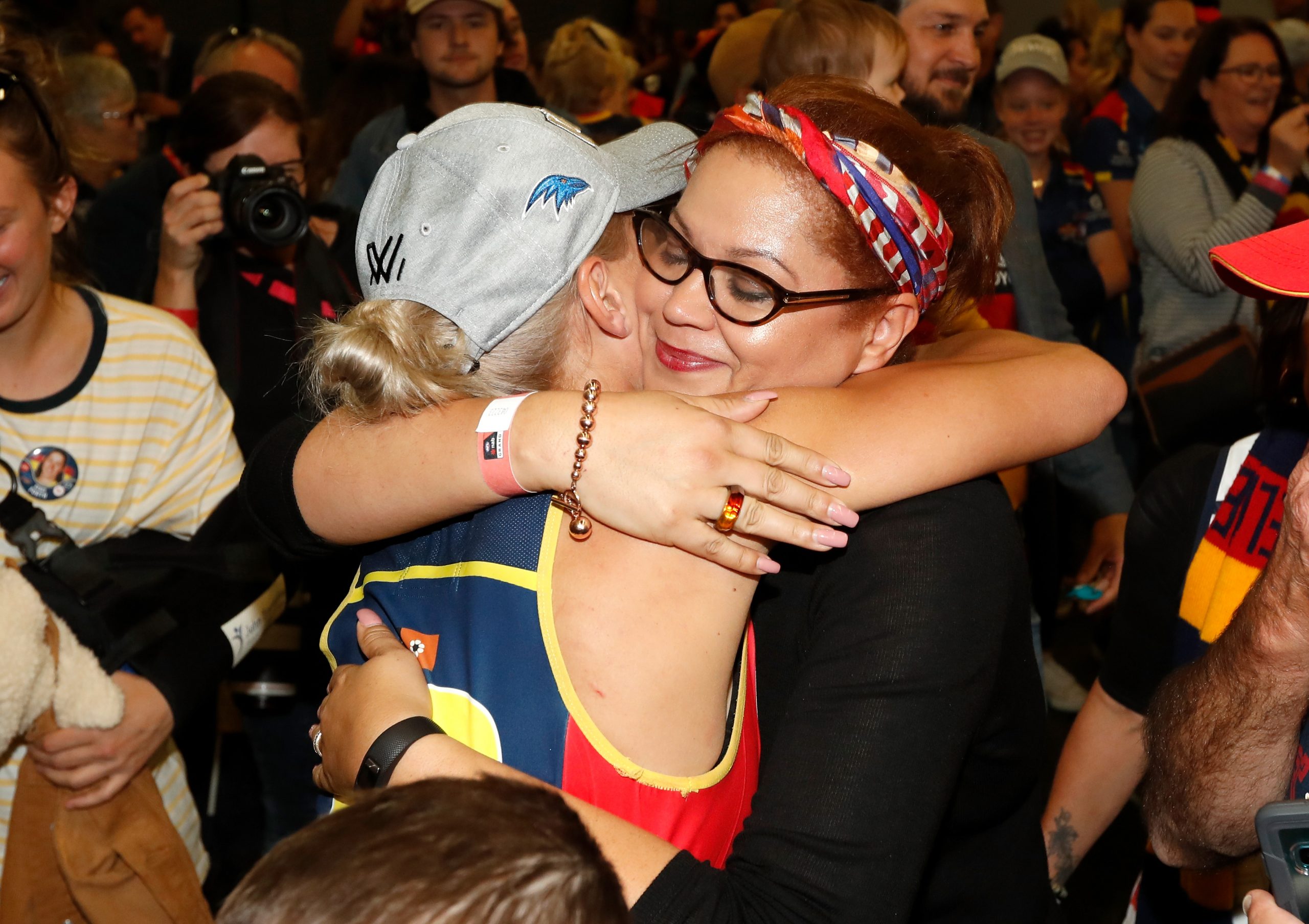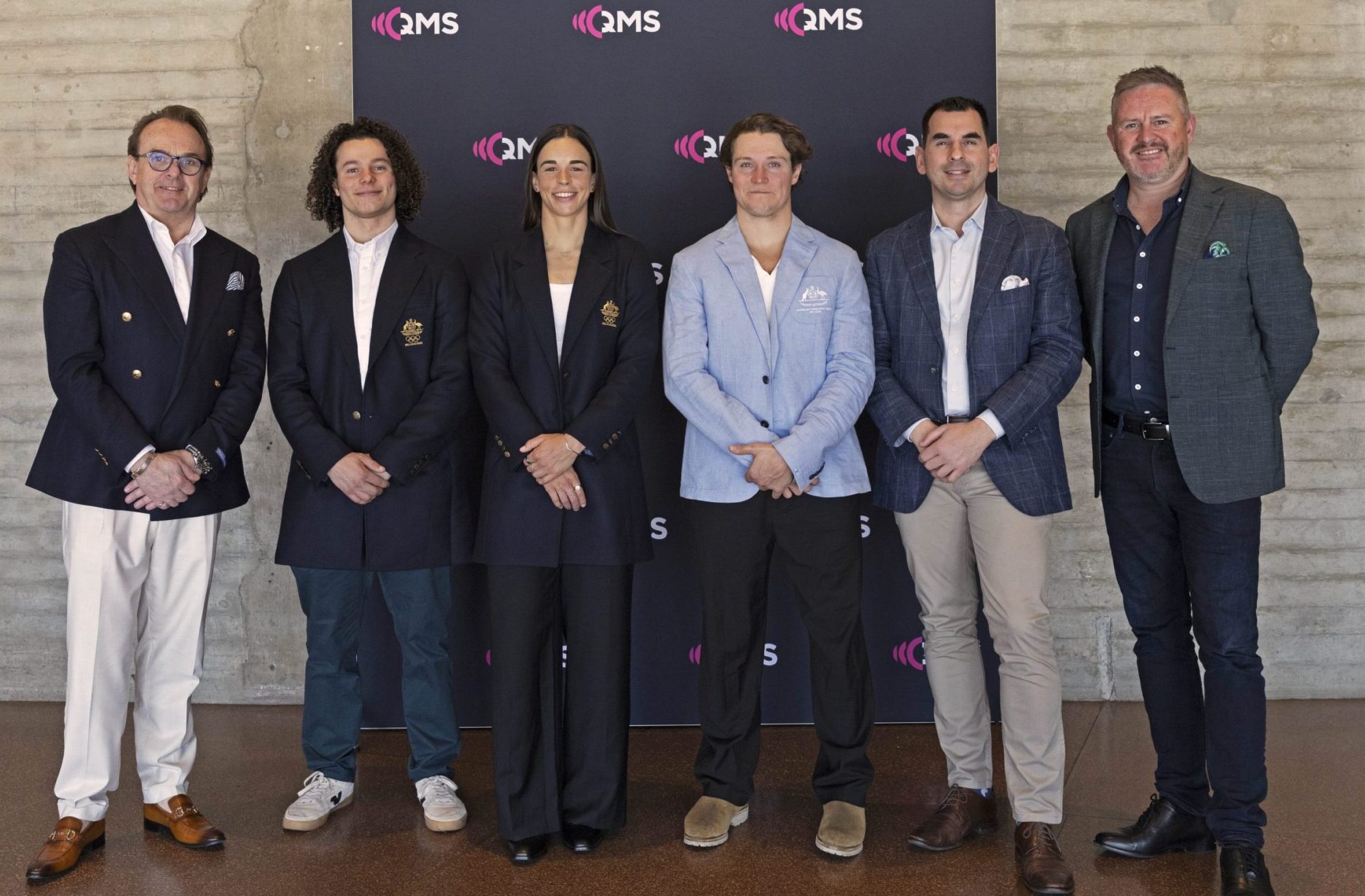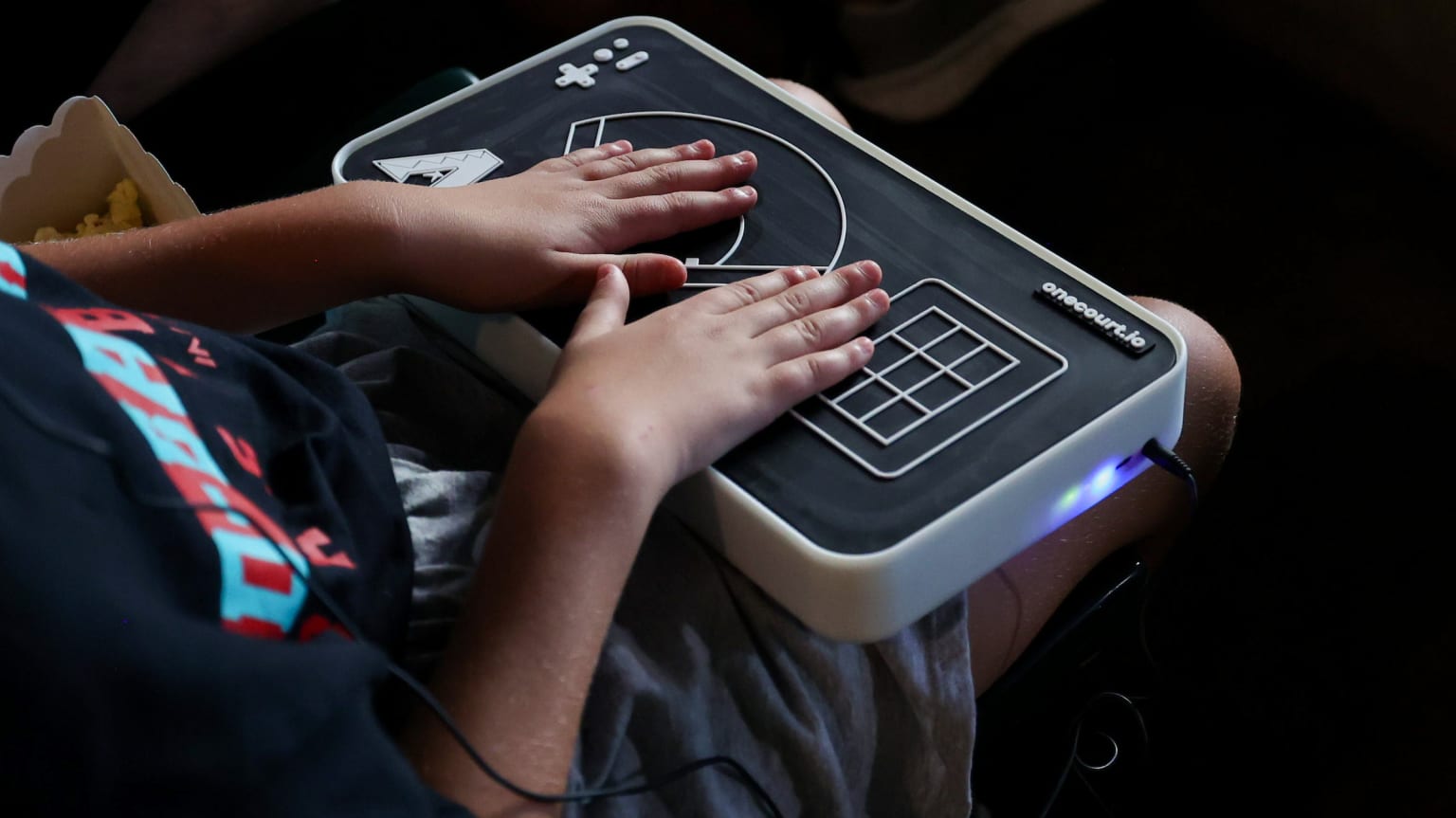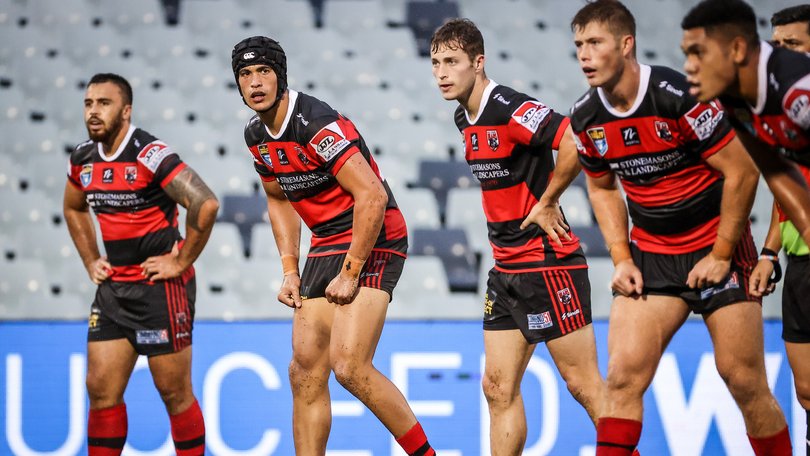[mkdf_dropcaps type=”normal” color=”#f55549″ background_color=””]I[/mkdf_dropcaps]
n an interview with Ministry of Sport AFL general manager of inclusion and social policy, and recent recipient of South Australian of the Year, Tanya Hosch, discussed the AFL’s approach to Aboriginal and Torres Strait Islander inclusion.
Hosch said the AFL has been a trailblazer for international sport with its frameworks for cultural inclusion, but there is more work that still needs to be done.
“Firstly, those of us working on these issues in other codes work collaboratively rather than competitively with each other,” Hosch told Ministry of Sport.
“We believe so strongly in the issues that we seek to support each other in our work, share ideas, content and offer each other peer support.
“We hope that any progress in one code enables further progress in others: it’s a win–win.
“What does set us apart is the long history of Aboriginal and Torres Strait Islander players excellence, in the men’s game, at around the level of 10–11%.
“In addition, the establishment of Rule 30, now Rule 35, our vilification rule, was one of the first to deal with racial and religious vilification in a sporting code in the world.
“That rule has had a significant impact in the code and in the country.
“The rule now covers all forms of vilification and applies equally to AFLW.
“These frameworks are critical to creating cultural inclusion and improving cultural safety.
“We still need to keep vigilant in terms of working on all of this.
“It’s wonderful to see the growth of Aboriginal representation at the governance level of our game – on the AFL Commission, Prof Helen Milroy, and club boards such as Gold Coast Suns, Fremantle Dockers, Collingwood, Port Power and Western Bulldogs.
“My own role on the AFL Executive since August 2016 has also been an important part of addressing inclusion.
“Inclusion in decision making roles is critical and still a big frontier to be dealt with by sporting codes.
“We all have a lot to do here,” she said.
When asked what more needs to be done in the AFL and across Australian sport as a whole, Hosch said the growing number of Indigenous professionals need to be brought into the sporting world.
“For starters, actively seek to employ us, as Gill (AFL CEO, Gillon McLachlan) did when I was recruited,” Hosch said.
“When you think about the numbers of Aboriginal and Torres Strait Islander peoples in sport, who excel at sport and follow sport closely, it is clear that more needs to be done to translate that connection into our workforces.
“Not everyone will be in a position to come directly into an executive role in sport, but we can all do more to deal with systemic issues that create barriers to entry into sport.
“From there, we need to create talent and development pathways to actively support and encourage Indigenous staff to aspire to and work towards positioning themselves as competitive in those roles.
“Ultimately, we will see Aboriginal and Torres Strait Islander executives in sport outside of roles like mine that have a culturally specific context.
“That is what we all need to have happen.
“When you consider the growing number of Indigenous professionals out there – lawyers, doctors, physio’s, engineers, journalists, communications specialists, researchers, writers, the list goes on – we need to attract these people into sport,” she said.
Focusing on the AFL’s goals for 2021 to further drive cultural inclusion for Indigenous Australians, Hosch said more emphasis needs to be places on discrimination.
“The implementation of the review of rule 35, to be released in the coming weeks, will be front and centre of the priorities for 2021,” Hosch said.
“There is a particular emphasis in this work directed at the community football level.
“We need to continue to increase the focus on discrimination wherever it occurs in the code, take it seriously and ensure we continually improve our results on these fronts.
“This means being clear that discrimination has no role in our game, improving our mechanisms for dealing with these issues and build the confidence of all involved in our game to deal with it clearly and consistently.
“Ongoing collaboration with other sporting codes in this work will continue to be important,” she said.
Discussing being recognised for her commitment to Indigenous outcomes in being named South Australian of the Year and on her role as a role model for young Indigenous Australians, Hosch said: “It was such a huge surprise and felt overwhelming.”
“To be a finalist was big enough, I certainly did not expect to win.
“It is an honour because so many, many people do important work that keeps us together as a community, and so few receive formal recognition for it.
“I cannot be anything but humbled and grateful.
“There are some lonely moments in the work I have done over the past three decades.
“To receive some recognition is wonderful and my family, who support me in my contributions, which has a cost for them too, I hope they also feel some joy from this too.
“Even though there is an individual focus with such awards, it is never work I can take full credit for, without friends, families, colleagues, and allies, you are limited.
“I am one cog, so many others deserve credit, and I am always aware of that.
“I doubt there are many young Indigenous Australians who have even heard of me, but for anyone that sees me as an example of what is possible for them, that’s a privilege and honour.
“It is something I am conscious of, given that I have been and remain inspired by other Aboriginal and Torres Strait Islander peoples and leaders every day.
“I take seriously the example I set about how I operate and work with others, and hope that this is understood as important as it embodies the values and principles that I care about and I believe help underpin work of upholding inclusion and building balance,” she told Ministry of Sport.







